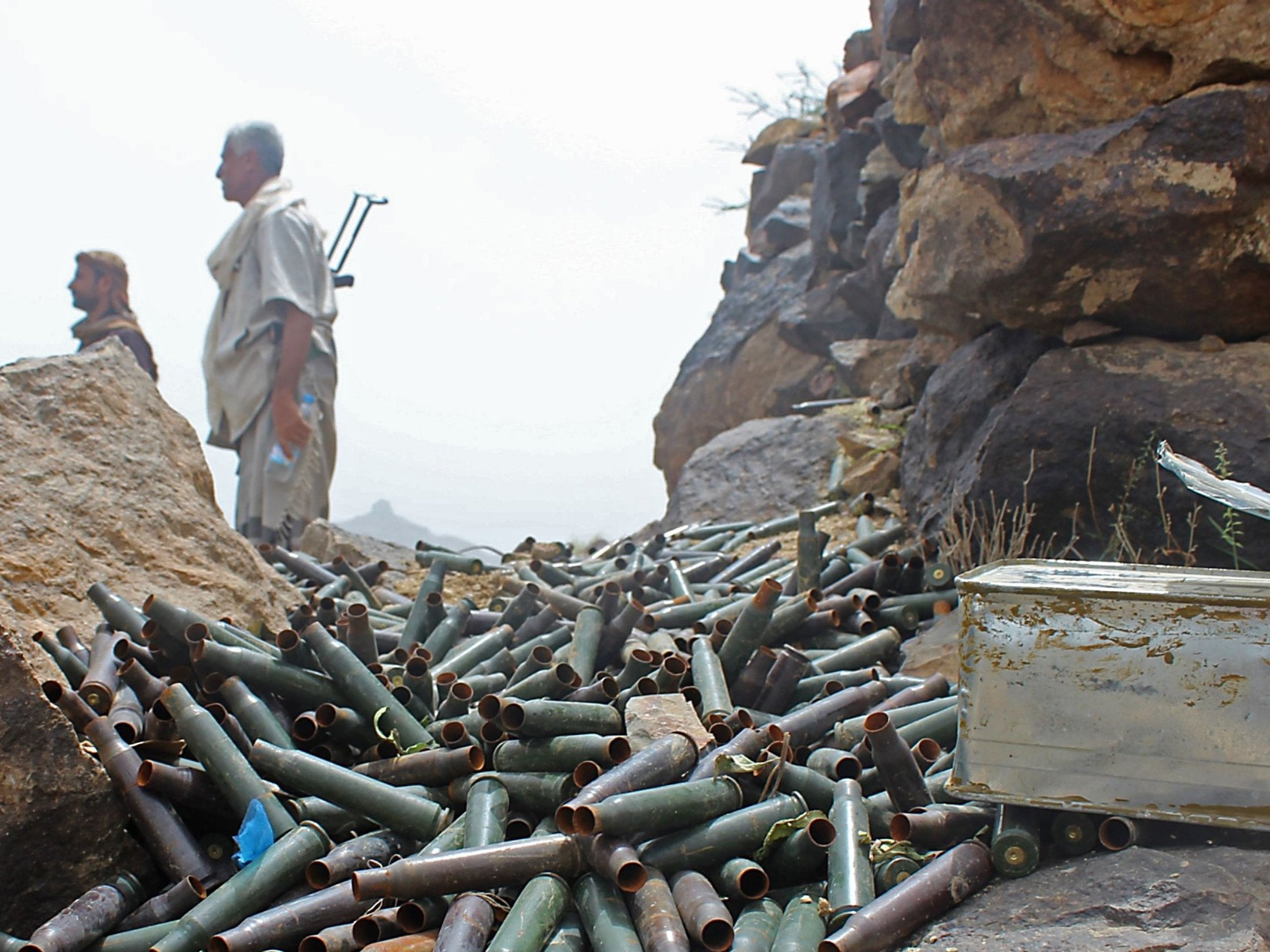Trump administration calls for Yemen ceasefire as brutal civil war continues to rage
US officials are calling for representatives in the conflict to meet for peace talks in November.

Donald Trump's administration is calling for peace talks and a ceasefire in Yemen within the next 30 days. Yemen has been the site of a brutal civil war since 2015, and the US has been pressured to withdraw their support for Saudi-Arabian intervention there.
Defense Secretary James Mattis urged all parties to meet for peace talks in the hopes of a ceasefire. "We have got to move towards a peace effort here, and we can't say we are going to do it sometime in the future. We need to be doing this in the next 30 days," he said.
Specifically, Mr Mattis called for a demilitarisation of the border between Yemen and Saudi Arabia and that all Iranian-supplied missiles to Yemen are put under an “international watch.”
Secretary of State Mike Pompeo has urged both sides to discontinue attacks on the other, and says that the time for an agreed-upon ceasefire is now.
The recent murder of journalist Jamal Khashoggi in the Saudi consulate in Istanbul put further strain on the US’s relationship with Riyadh. The US, UK and France were providing logistical support, including intelligence and fuel, to Arab states such as Saudi Arabia as part of their intervention in Yemen. The Saudi military forces had been trying to restore Yemen’s internationally-recognised government.
However, at least 16,700 civilians have died - with accusations that a Saudi-led bombing campaign has increased suffering. The United Nations calls it the world’s worst humanitarian crisis. Houthi rebels in Yemen have also issued drone missile strikes on Saudi Arabia and the United Arab Emirates. Blockades have made it difficult to deliver supplies to Yemen as well, leading to near-starvation of thousands. Saudi Arabia has admitted civilian casualties but says it takes all measures to avoid them, and complies with international law.
The United States has never before formally called for a ceasefire through the United Nations. In the past, Houthi representatives have refused to partake in peace talks.
Join our commenting forum
Join thought-provoking conversations, follow other Independent readers and see their replies
Comments